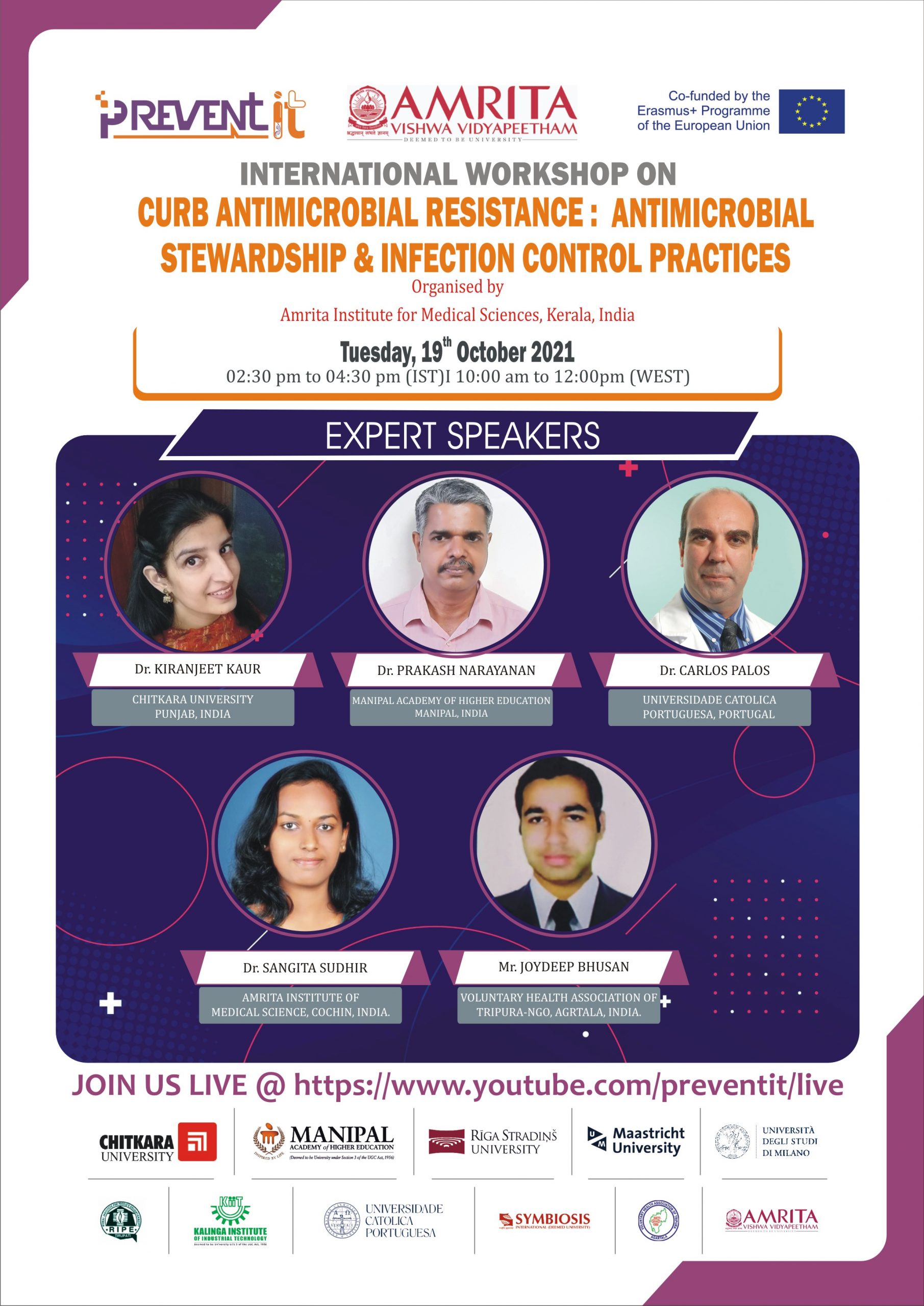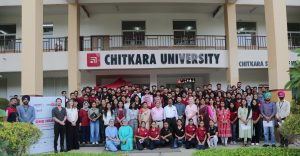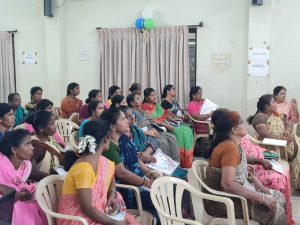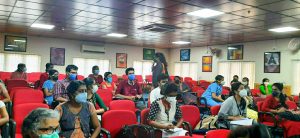Antimicrobial resistance (AMR) has been identified as one of the top ten global health threats. AMR is a cause of concern due to the morbidity and mortality associated with the resistant infections. The economic loss spanning the globe adds onto the crisis. If we don’t act now, the future looks grim with manifold increase in AMR deaths and GDP loss. Curbing AMR is the priority and with this in mind, the PREVENTIT team organised another international workshop in the month of October.
The team PREVENTIT organised the international workshop on “Curb Antimicrobial Resistance: Antimicrobial Stewardship and Infection control Practices” on 19th October 2021 from 2:30PM (Indian Standard Time) in virtual mode. The workshop was conducted on Zoom platform and was streamed live on Youtube for maximum outreach. We had five esteemed speakers on board from various Indian and European universities to share their valuable knowledge and experiences with the participants.
Dr Dona Boban, (Associate researcher of the PREVENTIT project), set the base for the workshop by introducing AMR, its epidemiology and impact. Following this, Dr Kiranjeet Kaur (Lead coordinator, PREVENTIT project, Chitkara University, Punjab) spoke in detail about the biological and social causes of AMR. She also elaborated on the various mechanisms and spread of AMR across human, animals and environment and brought in the concept of One health. Dr Prakash Narayanan (Associate professor, Prasanna School of Public Health, MAHE, Manipal), discussed about the measures undertaken to tackle AMR at the global, national and state level, including the action plans across various levels. He concentrated more on the macro level strategies to curb AMR. Dr Sangita Sudhir (ICMR/CDC Research fellow, AIMS, Cochin) shared a micro level view of how Antimicrobial stewardship (AMS) can be implemented in a hospital setting. She explained about the practical aspects of implementing AMS in a resource limited country like India, what are the various strategies that can be implemented and highlighted the need for developing interventions based on the need of the institution. She highlighted the success story of AMS in Amrita hospital, how the program has been able to improve appropriateness of antimicrobial prescribing and reduce the consumption of antimicrobials over time.
Dr Carlos Palos (coordinator, Infection Control and Antimicrobial Committee of Hospital Beatriz Ângelo and Grupo Luz Saúde, Portugal) described the importance of IPC in containing AMR. He elaborated on the various strategies to prevent the transmission of microorganisms such as the importance of hand hygiene, risk assessment and screening, patient isolation. He also spoke about the good practices on invasive procedures highlighting the need for re-evaluating the need for invasive device. Mr. Joydeep (Coordinator, Voluntary Health Association of Tripura) discussed the role of NGOs in controlling and preventing AMR in community, highlighting the importance of advocacy, waste management and its various techniques, role of different professionals like rural practitioner, teachers, pharmacists, farmer etc in preventing AMR in the community.
Dr Sanjeev K Singh, (Chief Medical Superintendent AIMS Cochin and Medical director AIMS Faridabad), concluded the session by highlighting the importance of antimicrobial stewardship and infection prevention and control activities, and how they complement each other.
To access this e-workshop, please click here!
To access the agenda for the event, please click here!







